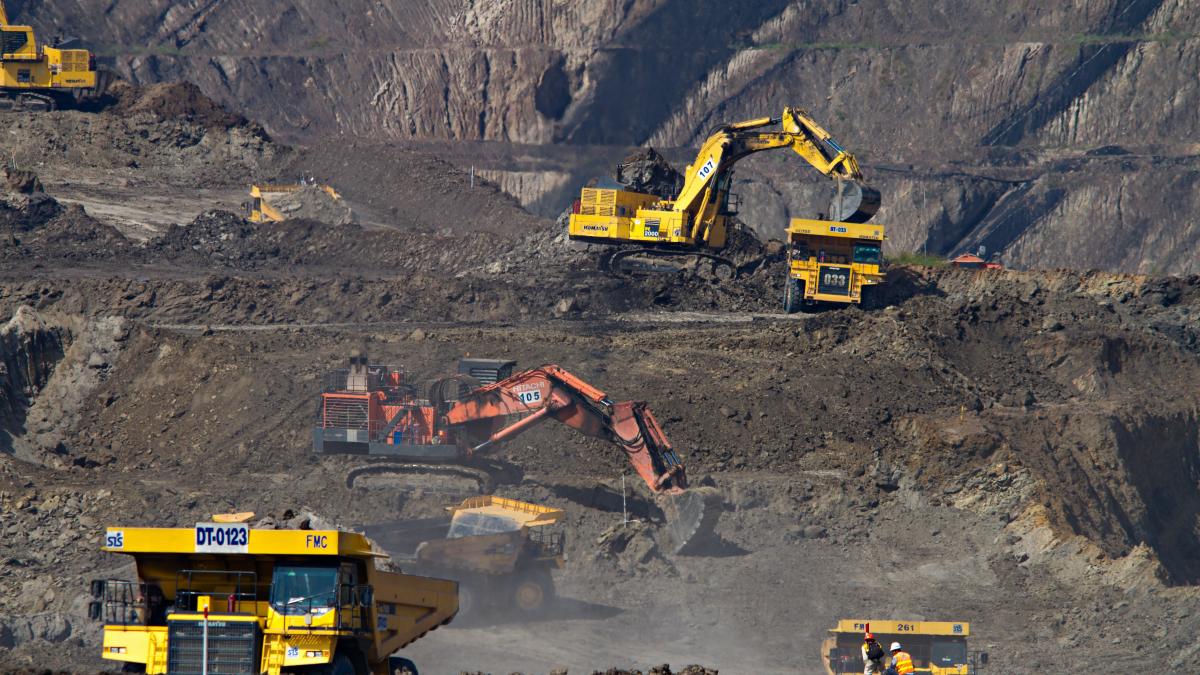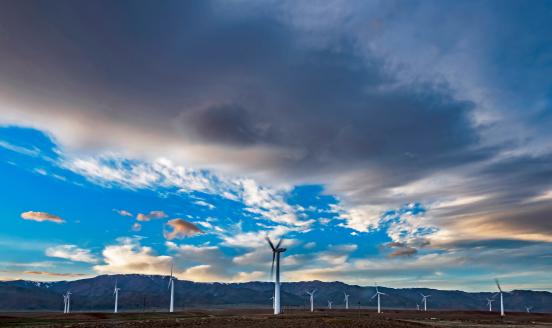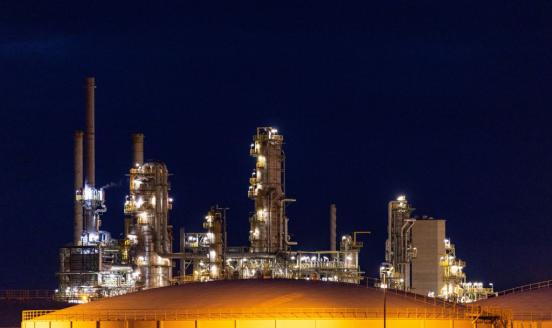A whole-economy carbon price for Europe and how to get there
Putting carbon pricing at the centre of the EU climate policy architecture would provide major benefits.

The European Union’s plan for climate neutrality by 2050 reopens the question of the role carbon pricing can and should play. Carbon pricing should not – and ultimately cannot – only be an enforcement tool or backstop that ensures targets are met, while the heavy-lifting of decarbonisation comes from directed technological change policies. Instead, a technologyneutral carbon price must become the main element, providing signals for decarbonised operations, investment and innovation in all sectors. This would guarantee cost-effective emission cuts, provide a clear path to net-zero and is a requirement for international cooperation and a global carbon pricing regime. Carbon pricing must therefore be at the core of EU climate policy.
However, introducing a uniform, credible and durable carbon price across all sectors right away is politically and institutionally challenging. Moreover, policies to address other market failures will continue to affect significantly the impact of carbon pricing. The role of carbon pricing should therefore be strengthened gradually, taking these considerations into account.
Current climate policies should thus be further developed within a three-part framework. First, a separate emissions trading scheme should be introduced for the transport and heating sector to prepare the sectors for integration into the EU emissions trading system, and to manage distributional implications. A carbon price balancer would manage price differences between the two systems in the short term. Second, a carbon price stabiliser (a price floor and price ceiling) should be implemented for both systems to manage price expectations and ensure price convergence between the two systems in the long run. Third, complementary policies (carbon price amplifiers) should be strengthened or put in place to trigger investment and innovation, helping policymakers to commit credibly to enforcing the cap and addressing other market failures. This approach would ensure convergence on a uniform, credible and durable carbon price for the whole economy.



